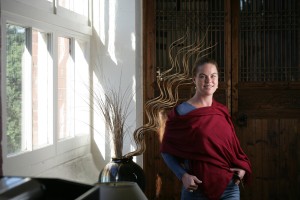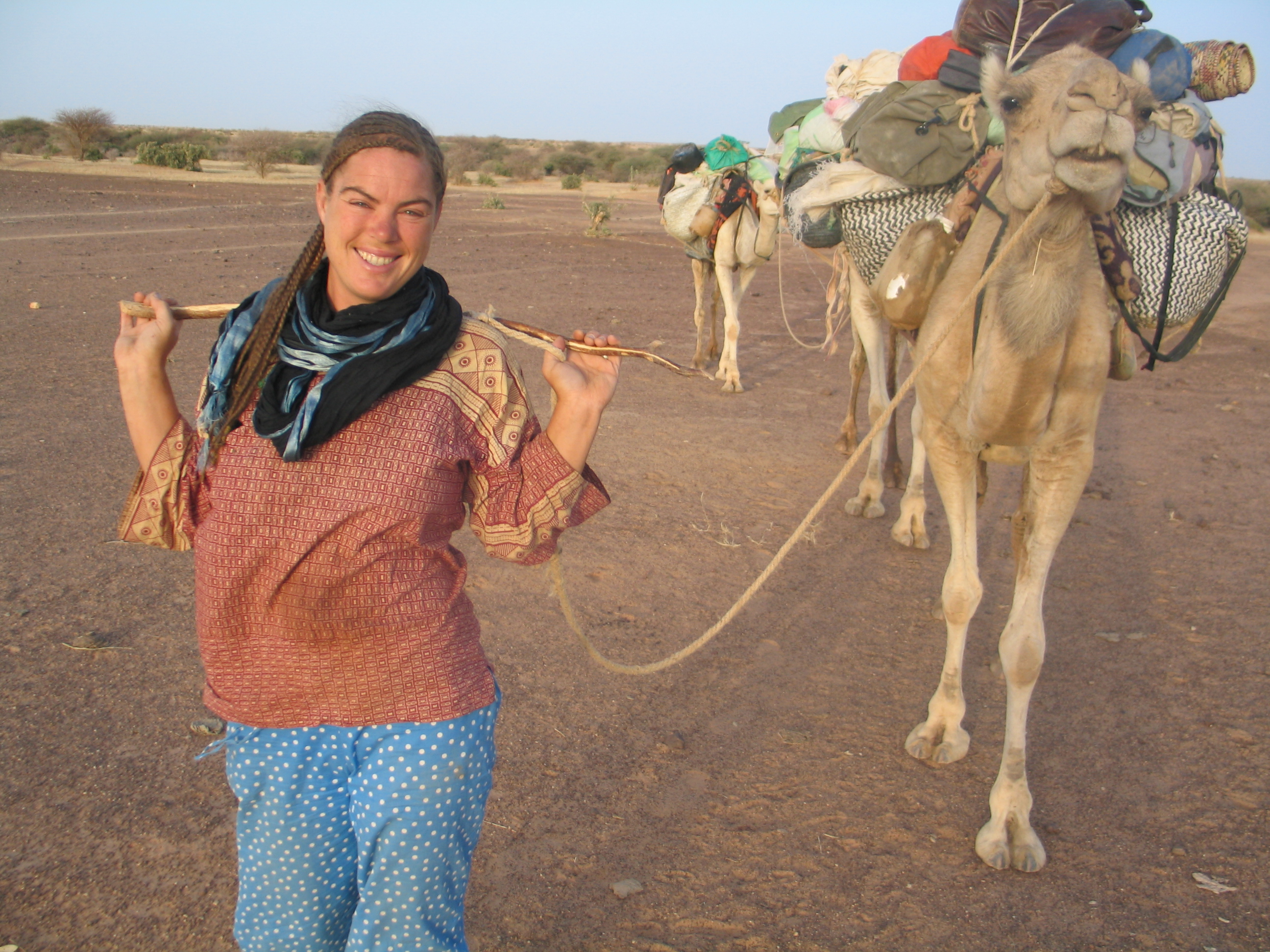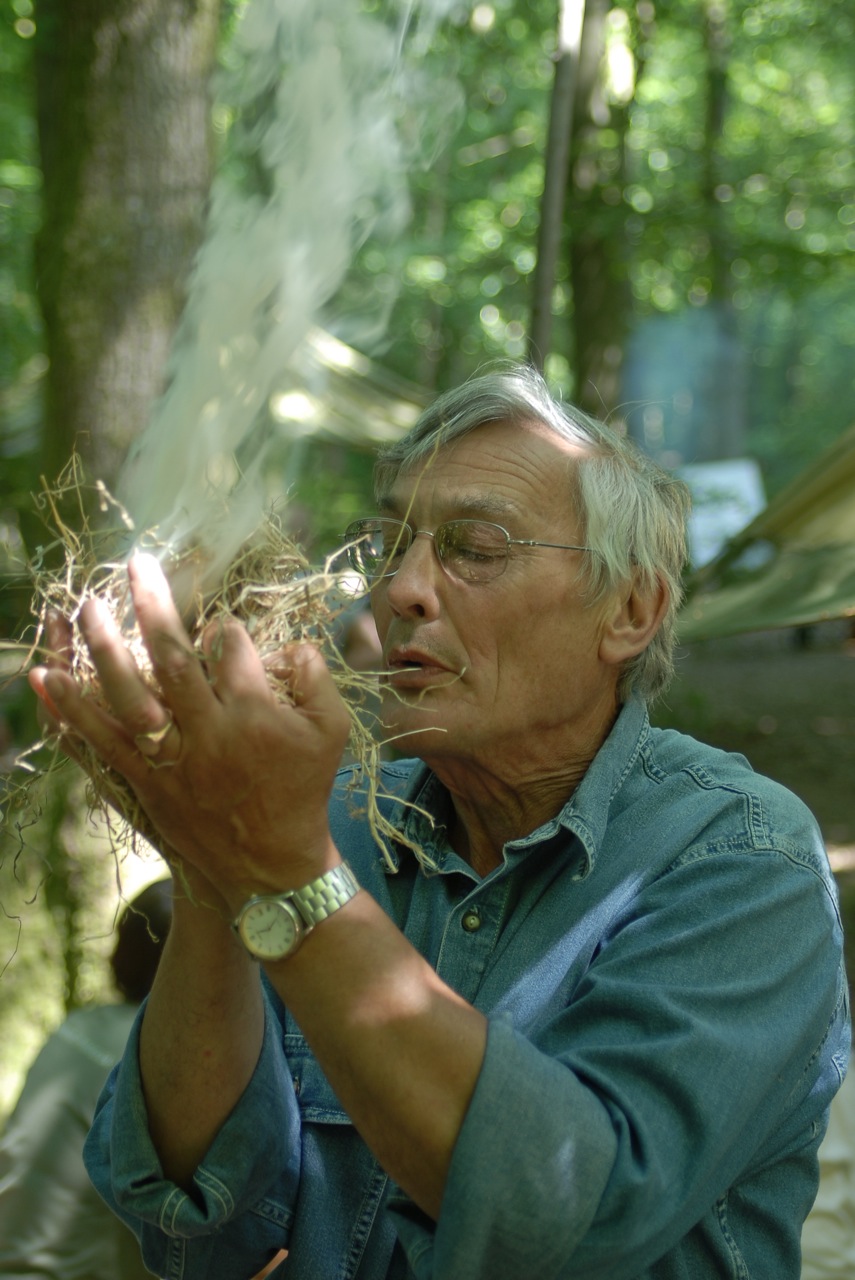Guest writer number 7 is another impressive explorer whom I have gotten to know through my Expedition planning to come in the future, Paula Constant, from Australia. She is quite a powerful personality as well with strong views and a big heart. And she has been great help in pretty much everything, especially the emotional aspect of failing to do what you planned to do. And we have talked quite a lot about the differences between the sexes when it comes to exploring, so I asked her to write a piece about that. She has an impressive record and back in 2004, with no previous expedition experience, Paula began walking from Trafalgar Square with a backpack. Since then, she has walked over 12000 km through eight countries, including nearly 8000km through the Sahara with her own camel train. Married when she left Trafalgar Square, Paula’s husband left the expedition a year later, when the couple were just 1000km into their desert trek. Paula carried on with two Arabic, nomadic guides, and went on to gain sponsorship and go over halfway across the Sahara in a bid to make a West to East crossing of the desert when she was stopped by civil war in Niger in 2007. She is the author of two books – Slow Journey South, recounting her European walk; and Sahara, detailing the desert journey. No female adventurer has walked so far through the Sahara alone but for local guides.
I never set out to become a ‘female adventurer’. Actually, 5 years ago, if you had asked me exactly what a ‘female adventurer’ was, I’d have been relatively unable to answer. I could probably name a few mountaineers who happened to be women; because I planned on walking, Ffyona Campbell also sprang to mind. But I would have wondered why anyone actually needed to state that the adventurer was female. What on earth does gender have to do with anything? I would have thought.
Perhaps this has its roots in my own background – growing up in rural Australia, jumping on horses and skis with as much energy as the next bloke, and always in competition and company with men, it had never really occurred to me that as a woman, my experience should or could be any different to them. When I read the tales of adventurers of old, the only reason I saw for there being no women on the honour rolls was simply that most great exploration occurred before the Women’s Liberation movement really happened, and so it was just not feasible. But to be honest – I never really thought about it. Occasionally I would hear about women who were pioneers in one way or another, and I always knew we were absolutely capable of anything; I simply saw that now, the opportunities were open for us to pursue them, where before, they were not.
When I set out walking from Trafalgar Square in 2004, however, I wasn’t planning on doing anything solo. I was married, so despite planning on heading into Muslim Northern Africa and through the Sahara with camels, it never occurred to me that I would be doing any of it solo. It was something of a shock to find myself alone. My marriage broke up after 6000km, and only several weeks into a 7000km desert trek. Suddenly I was running a camp of two Arabic men and four camels, with no man beside me.
But apart from the emotional distress of a marriage breakdown, the reality was in many ways a relief. To finally be in control of my own walk, and team, was wonderful – what I felt born to do. It was I who had spent years reading and dreaming about the region, and who felt a real connection to the place and cultures within it; this walk had always been particularly my dream.
But it most definitely was a world of men. Week upon week of living not only immersed in another culture, but confined to the company of two men I barely knew, and neither of whom spoke my own language, was exhausting – both in those first 6 months, then when I returned for a further 8. Was it harder than if I were a man?

No. I don’t actually think so. Travel – and especially the kind of travel expeditioners’ and adventurers do – relies chiefly on the ability of the individual to work with others. Whilst we must lead, we must do so with empathy, humour, humility, and determination. I had to run an expedition whilst also learning on the job; despite being the centre of attention at every nomadic tent, I must always be patient, friendly, and conversational with the women – even though all I may have wanted to do was throw myself down by the men and talk camels and grazing.
But what an opportunity! How many men are invited into the women’s’ tent? An entire world virtually hidden from men was immediately open to me – but as a white woman, I had the privilege of being welcomed by the men also, mainly out of curiosity. Perhaps even better, when it came to choosing guides, men of a certain caliber would see me in the same light as a member of their family – which meant they would lay down their life rather than see me hurt or insulted in any way. I felt a profound gratitude and respect for such men, and found that if I conducted myself with honour, that I would meet with exactly that in return. Only very rarely did I find behavior to the contrary.
When those situations arose, they were tiresome, and sometimes depressing. One of the things I dealt with as a woman in a desert, Muslim environment, was being offered marriage almost daily – from pretty much every nomad I met, if they were single. There is no offense taken in these situations – one simply declines politely, and with respect. But I made it very clear to the men I hired that once in camp, we were family, and I was not remotely interested in marriage or any other liaison. On a couple of occasions the guides, through ignorance or malice, made the mistake of pushing the issue, or treating me as a slave rather than an employer. This is where it is tough as a woman; and where one treads very carefully. Polite but firm is the starting point; sack the guide and get another if they don’t get the message; and if that is non-viable (for example when you are very isolated) be tough if you need to be. But what I learned as the most important thing was never to lose my cool, never to show vulnerability, and to treat most scenarios with a great deal of humour.
I suspect this is the simple rule for women. It just isn’t ok to plead weakness, to throw up your hands in despair and ask someone else to solve a problem for you. If you have chosen to get out there in a man’s world – then you have to play by the same rules, even if you think at times it is twice as hard. Remember, you have many advantages – women, I believe, have a natural ability to empathise and comprehend subtleties in behavior. Where we struggle is to communicate calmly, assertively, and with authority, when things get tough and we feel boxed in. Flying off the handle, or behaving irrationally or tearfully because we feel misunderstood and bullied, helps not a jot. Lifting out of that is what leadership is about; no less for a man than a woman.
The most common question I field from journalists is how I felt out in the desert ‘as a woman’. The answer is fairly simple – I was out there as an adventurer, and team leader. I felt as any leader would have done in a situation where I had to react to changing circumstances daily, often under duress. It was hard and lonely, and at times I felt I got it wrong. But being a woman was not something that stuck in my head as a hardship. We all fight personal demons out in the field, no matter what our background or gender. We all struggle with being the leader we know we should be, and performing in an honourable, courageous way in tough conditions. At times being a woman was an advantage – and at times very tiresome. But I suspect the same could be said of any man.
I have met men and women who journey as much for the personal journey as the external one. I have read quite a few times recently that women do this more than men, but I would dispute that. I think women can be just as goal oriented – in fact, sometimes, even more so – than a man. I just think that women are happy to describe their personal journey in more detail than many men, partly because their emotional life is ever present – well, it is for me, anyway. What intrigues me is that most men are as aware of the emotional as women – they just don’t tend to write about it in the same detail. Yet, in my discussions with men who may appear on the surface to be the archetypal hairy adventurer, scratch the surface and there is an overwhelming need and desire to talk about how they felt out there. It is no coincidence that throughout the history of exploration, personal feelings, group dynamics and emotional turbulence have dominated the diaries, successes, and failures of explorers both male and female. Being in such tough circumstances brings out the best and worst in us all. Knowing ourselves is perhaps the greatest challenge in adventure, and the only way we truly begin to succeed.
Some of the hardest times on my walk were moments when all I wanted was to sit down with a group of girlfriends and talk about how I felt, something that is rather difficult at times for nomads. On one such occasion I was resting and watching the sunfall, at the end of a particularly tough day on a very tough stretch. I’d been out for twenty days, supplies were running low, the heat was intense during the day, and we we’d had to walk over thirty km each day to make wells. As I watched, the sun dropped, and the sweet cool desert breeze washed over me like a miracle, just as the first stars shone through the gloaming.
My guide – a wonderful old man who had never gone even beyond the regional boundaries of his grazing area, and prior to me had never met a white woman – smiled softly, and said in Arabic: “the desert night is the nomad’s reward for surviving another day.”
He tapped straight into how I was feeling, and we sat in silence and watched the night grow. Finally we ate together, and tumbled into our beds. I never forgot those words – because in what he said I knew that he had done it tough too, and put my experience on the same level as his own. As a person, a leader, and a woman, I could have asked no greater compliment, and the simple line conveyed a beautiful truth: whether man, woman, Christian, Muslim, Arab or Australian, on expeditions we are made equals by our ability to conduct ourselves with strength humility and patience under the toughest of conditions. Do so, and you render questions of gender irrelevant.
Fail to do so, and it matters not what you are.
Read more about Paula here!
I wrote an article about the issue here and another female explorer added her views to it!



I totally agree with both Paula and our dear friend Arita – there is absolutely no reason to let our gender interfere with our desire to travel and explore. I was lucky enough to have a father who encouraged me to do whatever I wanted, and to pay no attention to the fact that I was a girl. Here at The Long Riders’ Guild we completely ignore gender, race, language, nationality and religion: all that matters is that you have the courage to get on a horse and head for the horizon.
Male chauvinist piggery can be a problem: when I was in Russia the men there simply couldn’t believe that a woman could ride! But, when they saw that I could ride at least as well as they could, they made me an Honorary Cossack and gave me a Cossack whip. Thereafter they treated me with great respect.
As for marriage breakdowns, I fear they are quite common among Long Riders. This is because the “dream” to ride from here to there is usually much stronger in one spouse than the other – and if tension arises, you can’t get away from each other. Luckily my husband, CuChullaine, is as passionate about equestrian travel as I am, and our forthcoming World Ride is equally important to us both.
I have a friend who is on an interesting journey through life and across North America. One woman, two horses riding out to discover America. Her name is Sea G Rhydr, you can read her blog at http://freerangerodeo.com/ She can use a some help keeping herself and her companions supplied with food and other necessities to keep them happily moving down the trail. If you have a desire to support a brave adventurous woman traveling back through time and culture inviting us to step out of our fast paced existence and meander with her down a road less traveled then take a moment to read her blog and make a donation. Please tell everyone who will listen to check her out. You can organize your own fund raiser, pass a hat at a weekend BarBQ or other social gathering or just give your pocket change for one week, then simply visit her website and make a donation. People like Sea and others who are willing to traverse vast landscapes for the meanings of life need positive energy and support from us to continue redefining the meaning of human existence. Please share with your friends.